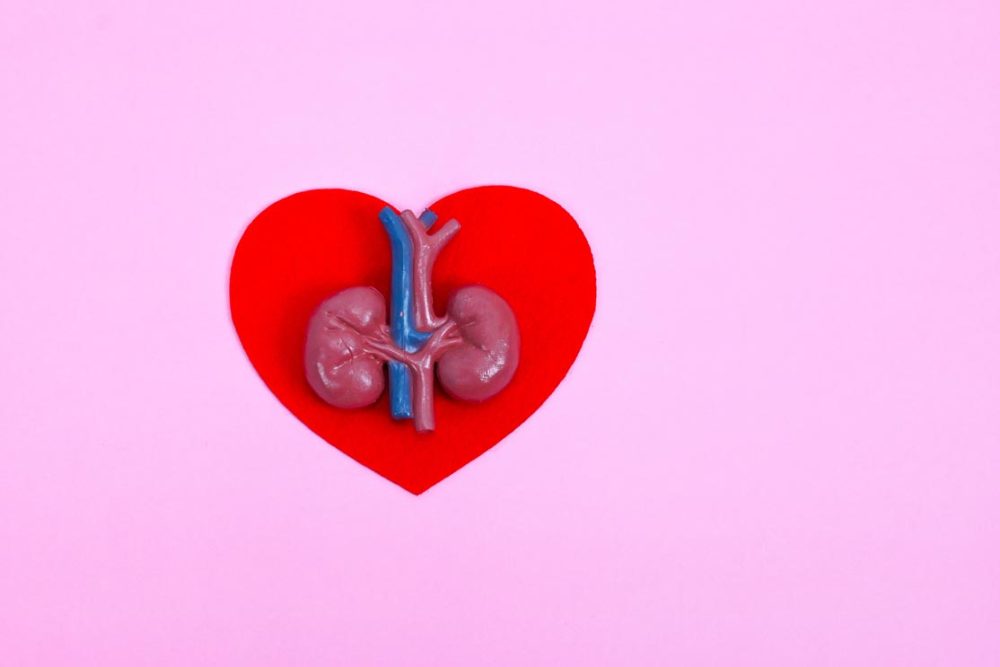Advertisment
Diabetes treatment with drug combination adds protection against heart and kidney disease

Combination treatment of diabetes with a sodium glucose co-transporter 2 inhibitor (SGLT2) and a glucagon-like peptide-1 receptor agonist (GLP1-RA) appears to also offer protection against heart and kidney disease, researchers reported on July 8, 2024 in The Lancet Diabetes & Endocrinology. The findings were also reported concurrently at the 61st European Renal Association Congress in Stockholm, Sweden.
“Given the rapidly expanding indications for the use of GLP-1 receptor agonists, it was important to look at their effects with SGLT2 inhibitors. This study represents the largest and most comprehensive assessment of clinical outcomes for this combination of medicines,” said Clinical Associate Professor Brendon Neuen, PhD, Senior Research Fellow at The George Institute for Global Health in Australia and lead author of the study,
The investigators conducted a retrospective meta-analysis of data from trials included in the SGLT2 Inhibitor Meta-Analysis Cardio-Renal Trialists’ Consortium. Inclusion was restricted to subjects with diabetes. Researchers evaluated data from 12 large trials of SGLT2 treatment enrolling 73,238 subjects with diabetes, 3,065 of whom were already being treated with GLP1-RAs.
The main cardiovascular endpoints were major adverse cardiovascular events (nonfatal myocardial infarction, nonfatal stroke, or cardiovascular death), hospitalization for heart failure or cardiovascular death.
The main kidney-related endpoints were chronic kidney disease, death due to kidney failure, and the rate of change in eGFR (estimated glomerular filtration rate).
The investigators reported that SGLT2 treatment reduced the risk of major adverse cardiovascular events by 11% and the risk of hospitalization for heart failure or cardiovascular death by 23% when compared to placebo.
SGLT2 treatment reduced the risk of chronic kidney disease progression by 33% when added to GLP1-RA treatment. It also slowed the annual loss of kidney function by almost 60% when added to GLP-1RA treatment.
No new safety issues appeared when the drugs were used in combination.
The analysis indicated that the benefit of SGLT2 treatment was independent of GLP1-RA treatment.
Neuen added “SGLT2 inhibitors have clear protective effects against heart failure and chronic kidney disease, while GLP-1 receptor agonists can reduce the risk of heart attack, stroke, and also kidney disease – as recently demonstrated in the landmark FLOW trial. Our findings support using this combination to further improve outcomes in patients with type 2 diabetes who meet guideline recommendations for both therapies.”





